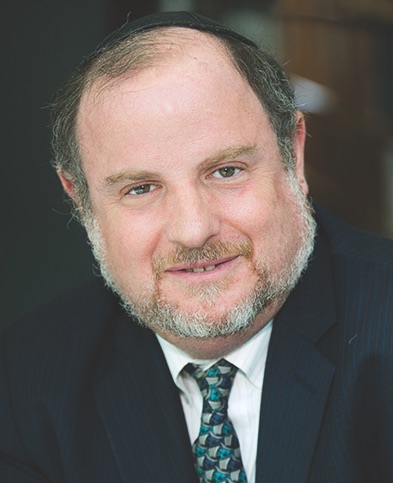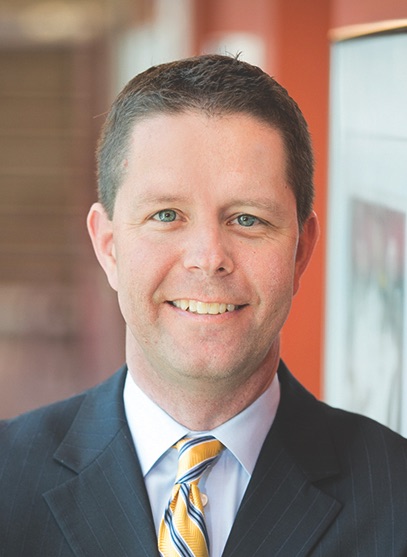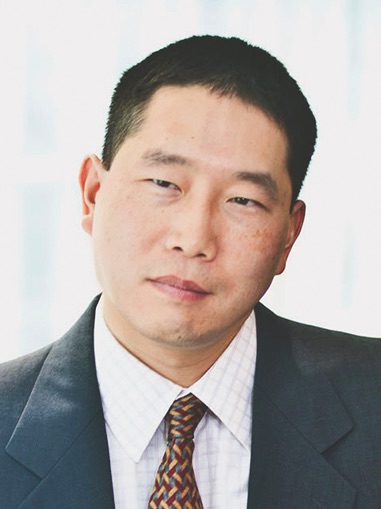Faculty honored for academic achievement
Dorothy Brown

Brown is a nationally recognized scholar in tax policy, race, and class and has published extensively on the racial implications of federal tax policy. She is highly sought for her expertise in workplace inclusion issues, a respected speaker in the legal community, and a regularly engaged expert by media including Bloomberg, CNN, National Public Radio, the New York Times, the National Law Journal, and Forbes.
She is the author of Federal Income Taxation: Cases, Problems, and Materials (Thomson West; sixth edition 2016) (with Joel S. Newman) and Critical Race Theory: Cases, Materials, and Problems (Thomson West 2003; second edition 2007; third edition 2014). She has a new book in the works that will explore her area of expertise, elucidating the connection between race and federal taxation.
Michael Broyde

His project will tackle four questions: Why do religious communities feel disenfranchised from secular law, and particularly secular family law worldwide? What is the history of arbitration law in Israel? What are the reasonable limitations on religious arbitration? Is religious arbitration good for both civil society and faith groups worldwide, in a variety of different legal systems?
Tim Holbrook

This award is a fitting tribute to Holbrook’s contributions to scholarship, teaching, and service to Emory and the broader legal community. As an internationally recognized expert on intellectual property, Holbrook has published more than three dozen articles and essays in national publications and has co-authored one book, Patent Litigation and Strategy. The US Court of Appeals for the Federal Circuit has cited his work favorably, embracing one of his theories of patent infringement. Holbrook has served as associate dean of faculty, was instrumental in founding the Atlanta Intellectual Property Inn of Court, has helped place students in federal clerkships (particularly at the US Court of Appeals for the Federal Circuit), and has long been a champion of diversity and inclusion.
The impact of his scholarship and service has extended through a range of public scholarship. Holbrook is a regular media contributor on issues related to patent law and LGBTQ rights. In recognition of his teaching and work on inclusion, he has received the Emory Williams Distinguished Teaching Award, the Chestnut LGBT Person of the Year Award at Emory University, the Outstanding Service to the Community Award by the Stonewall Bar Association, the Friends in the Faculty Award from the Division of Campus Life at Emory, and the Professor of the Year Award from Emory’s Black Law Students Association.
Michael Kang

Michael S. Kang is a nationally recognized expert on campaign finance, voting rights, redistricting, judicial elections, shareholder voting, and corporate governance. Kang’s work has been published widely in leading law journals, including the Yale Law Journal, NYU Law Review, and Stanford Law Review, and has been featured in the New York Times, Washington Post, and Forbes, among others. His recent research focuses on partisan gerrymandering; the influence of party and campaign finance on elected judges; the deregulation of campaign finance after Citizens United; and so-called “sore loser laws” that restrict losing primary candidates from running in the general election.




